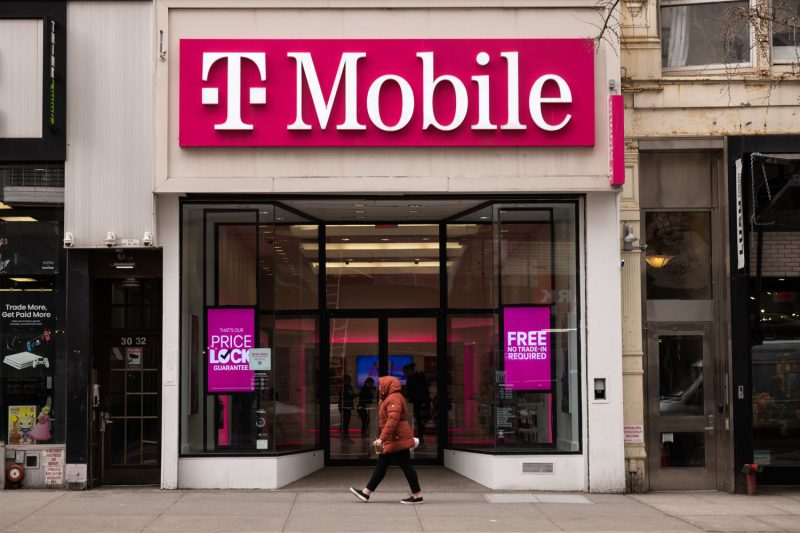In the fast-paced world of telecommunications, companies are constantly seeking to expand their reach and enhance their services through strategic acquisitions and partnerships. The latest development in this ever-evolving industry comes in the form of T-Mobile’s proposed acquisition of a significant portion of U.S. Cellular in a deal worth a staggering $4.4 billion.
The acquisition, if successfully finalized, is poised to have a far-reaching impact on the competitive landscape of the U.S. telecommunications market. By absorbing a substantial portion of U.S. Cellular’s assets and operations, T-Mobile is set to bolster its position as a key player in the industry, further solidifying its presence alongside longstanding rivals such as Verizon and AT&T.
One of the key drivers behind T-Mobile’s decision to acquire a significant portion of U.S. Cellular is the opportunity to expand its customer base and geographic coverage. With the addition of U.S. Cellular’s assets, T-Mobile stands to gain access to a wider array of network infrastructure and resources, enabling the company to provide enhanced services to a larger number of consumers across the country.
Moreover, the acquisition is expected to result in significant cost synergies for T-Mobile, as the consolidation of operations and resources between the two companies is likely to lead to more efficient and streamlined operations. By optimizing its network infrastructure and capitalizing on economies of scale, T-Mobile can further enhance its competitiveness in the market and drive greater value for its shareholders.
From a strategic perspective, the acquisition of U.S. Cellular aligns with T-Mobile’s broader vision of becoming a leading provider of innovative and reliable telecommunications services. By expanding its reach and capabilities through strategic acquisitions, T-Mobile aims to differentiate itself in an increasingly crowded market and position itself as a preferred choice for consumers seeking cutting-edge mobile solutions.
However, as is often the case with major acquisitions, the T-Mobile-U.S. Cellular deal is likely to face scrutiny from regulatory authorities tasked with ensuring fair competition and consumer protection in the telecommunications sector. Antitrust concerns and potential regulatory hurdles could pose challenges to the successful completion of the acquisition, requiring T-Mobile to navigate a complex regulatory landscape to secure approval for the transaction.
In conclusion, the proposed acquisition of a significant portion of U.S. Cellular by T-Mobile represents a significant milestone in the evolution of the U.S. telecommunications market. With the potential to reshape the competitive dynamics of the industry and pave the way for enhanced services and offerings for consumers, this strategic move underscores T-Mobile’s commitment to driving innovation and growth in an increasingly connected world.
